Houston graduate students become certified
Nadiyah Suleiman, Page Editor
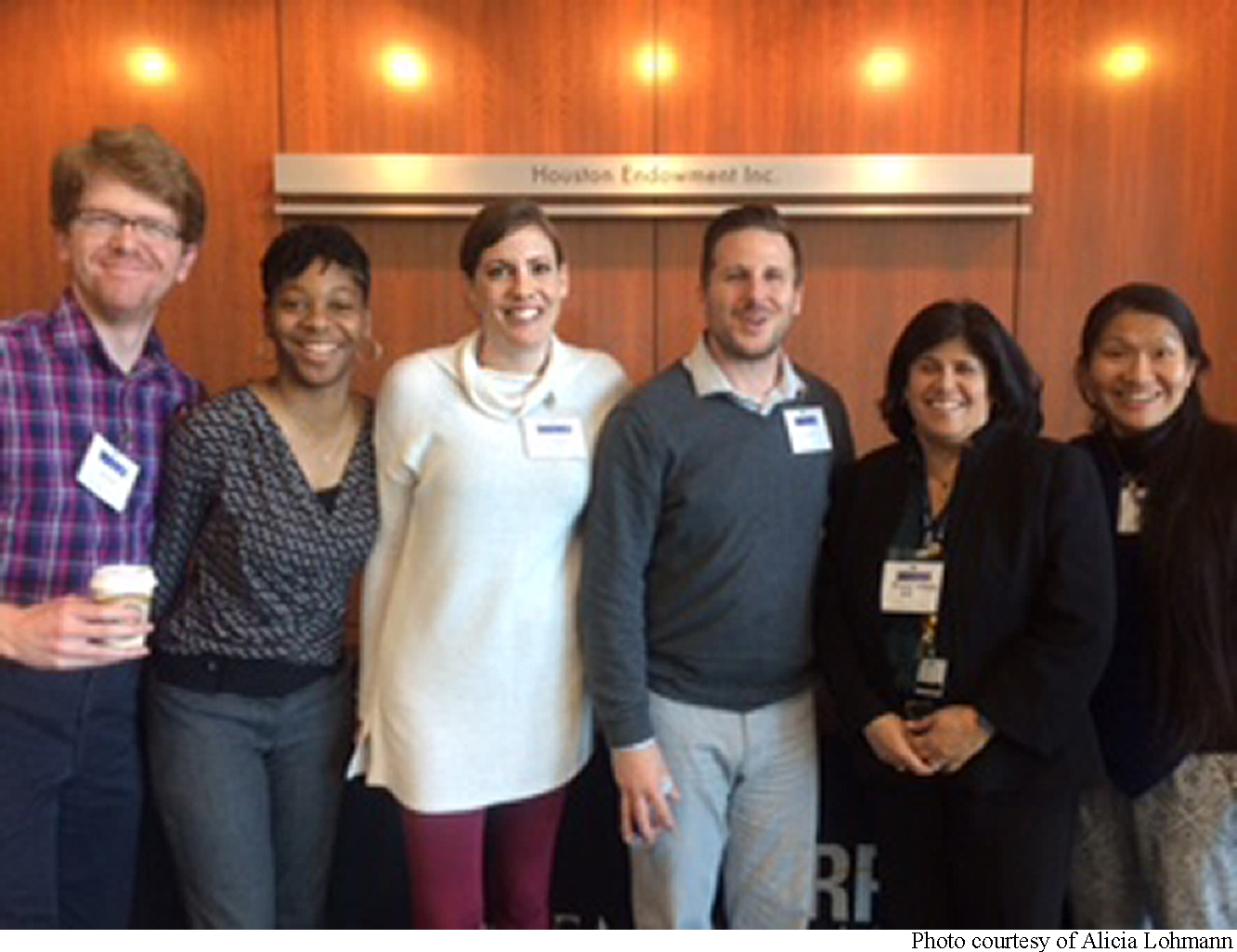
A group of TWU graduate students were able to become certified Neurologic Music Therapists through a certification course hosted by the TWU Houston School of Occupational Therapy. The TIRR Memorial Hermann Rehabilitation and Research center, as well as, the R.F. Unkefer Academy for Neurologic Music Therapy: International Neurologic Music Therapy Training Institute collaborated to form the course that lasted from Feb. 11 to 14.
Clinical Assistant Professor Alicia F. Lohmann had previously worked on the TIRR Memorial Hermann Brain Injury Team for 10 years and was approached when the course needed a host and venue. In an email, Lohmann said: “Since it could benefit our Occupational and Physical Therapist students, as well as our Music Therapy students, and it was an International Neurologic Music Therapy Certification Course only offered once, previously in the United States, I wanted us to be a part of this movement. I collaborated with Dr. Peggy Gleason of Physical Therapy, and Carlos DaSilva from facilities management and then proceeded to contact the Music Therapy department to invite their graduate students.”
According to Lohmann, approximately 80 Music and Occupational Therapists from all over the United States and Canada attended, with four from TWU Music Therapy and one from Occupational Therapy. The course was designed for graduate students that were all licensed, practicing clinicians wanting to gain their certification in Neurologic Music Therapy. Lohmann elaborated on the benefits of this course, saying: “Students will be able to use this advanced training in everyday treatment with any of their neurologically impaired patients. This training allows access to patients with neurological impairments where conventional treatment methods may be difficult. Music is stored in separate parts of the brain, and this philosophy allows access to improve movement and function in patients with diagnoses such as traumatic brain injury, Parkinson’s disease, and Alzheimer’s disease.”
Music Therapy graduate student Woon Tyen “Tammy” Lim completed the course and says it has made her feel more confident to tell people what she is doing. Lim shared: “In Music Therapy, it is important for us to advance our skill … I really appreciate the founders and trainers; they work so hard to label our practice. It is so hard to just say, ‘Hey, I play music for my patients.’”
She continued on to say that the course has defined Music Therapy in clinical terms setting their practice apart from performers and musicians. Lim shared: “Neurological Music Therapy provides clinical research evidence in sensorimotor rehabilitation speech and language rehabilitation, and cognitive rehabilitation.” Once she completes her studies, Lim plans to return to her home in Malaysia to establish a practice there.



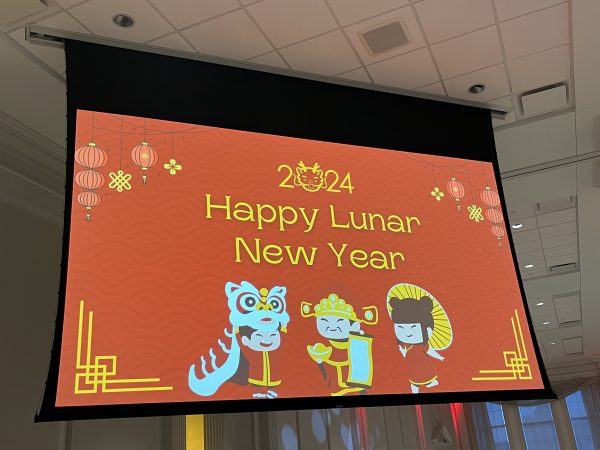
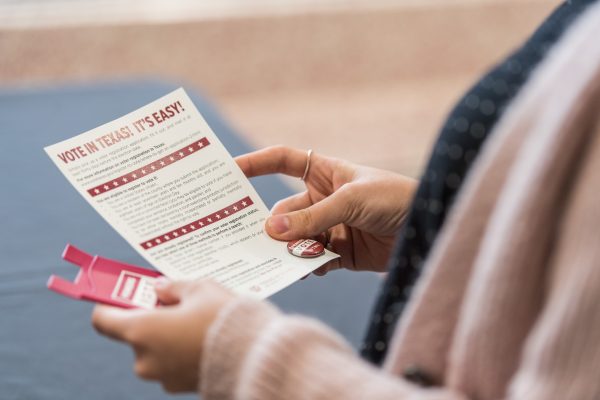

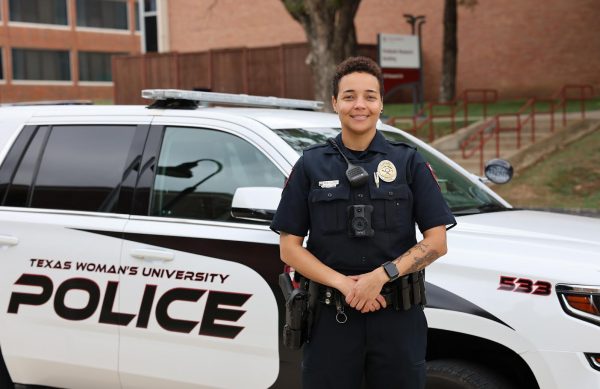
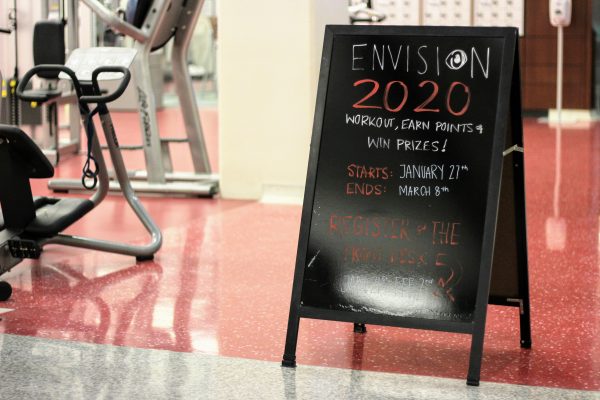



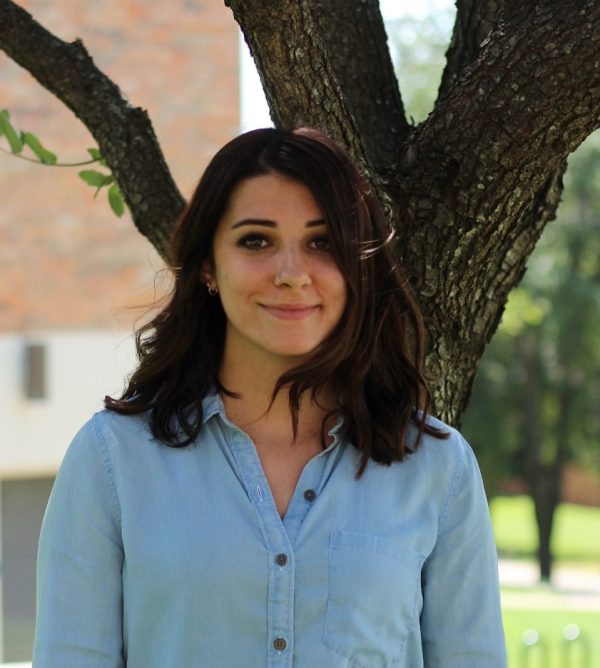
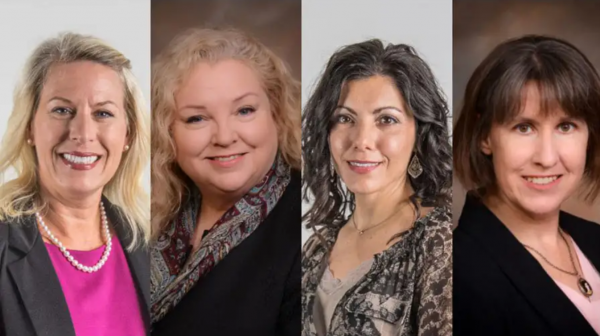
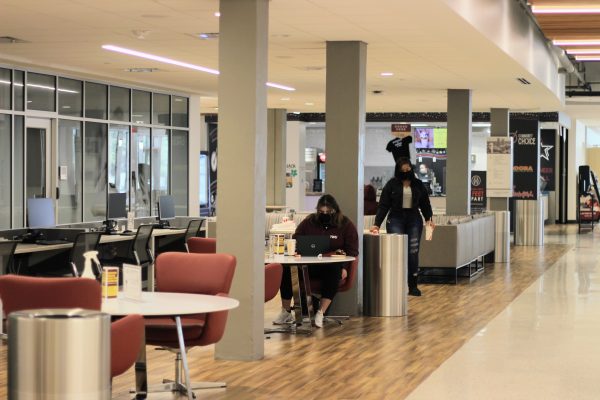
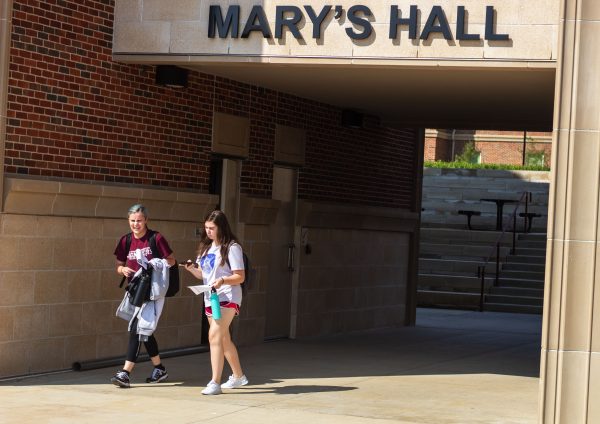

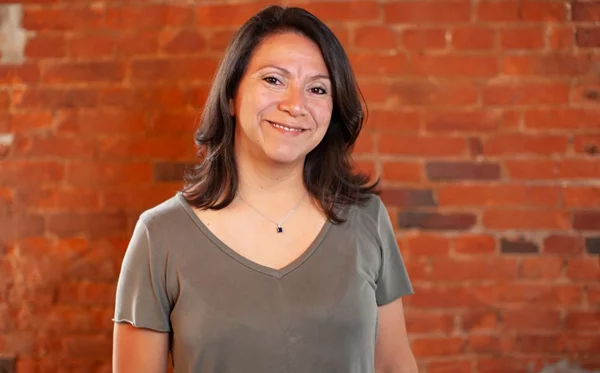

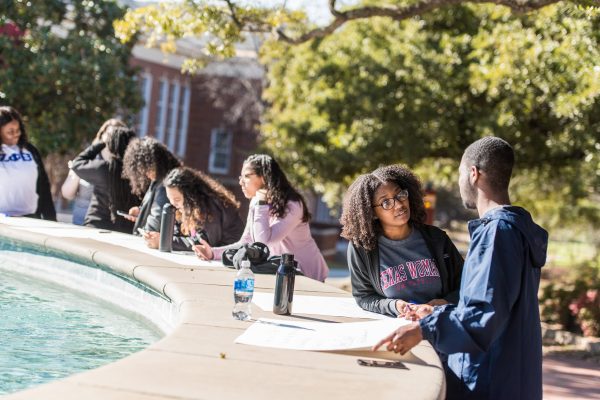
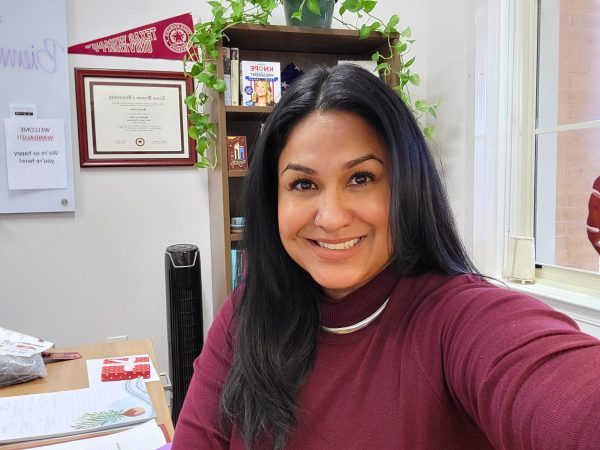

Be First to Comment